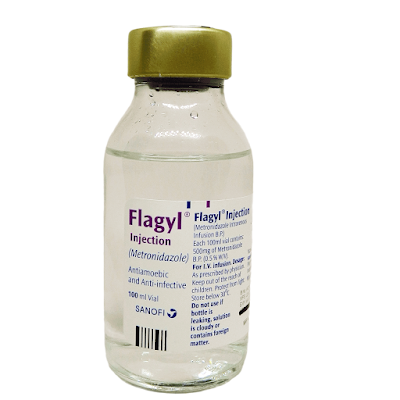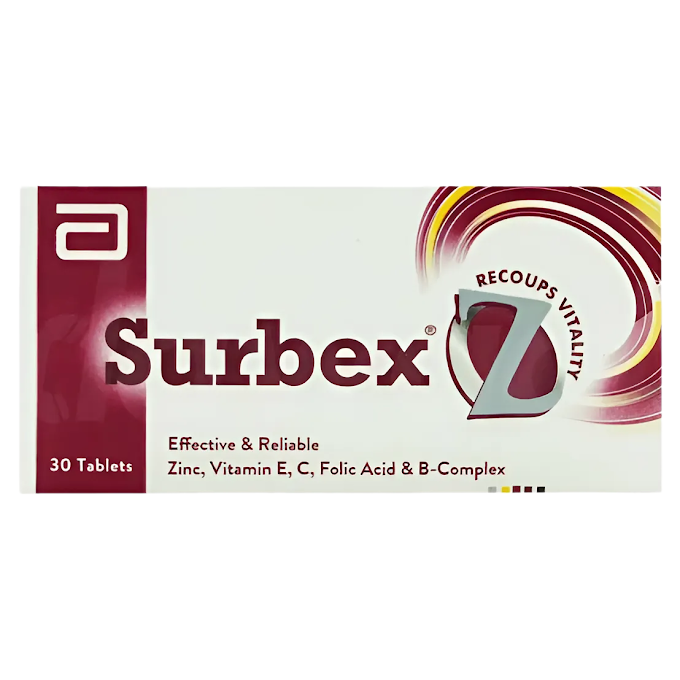Flagyl
Flagyl is an anti-microbial that is utilized to treat bacterial diseases of the stomach, liver, skin, joints, cerebrum, and spinal string, lungs, heart or circulatory system.
Uses
1-Bacterial Vaginosis:
Treat bacterial infections in the vagina.
2-Amoebic Dysentery:
Treats intestinal infections caused by amoebas.
3-Skin and soft tissue infections:
Treats infected skin, muscles or fatty tissues.
4-Dental infections:
Treats infected teeth, gums or jawbone.
5-Pelvic Inflammatory Disease:
Treats infections of the reproductive organs in women.
Working of Flagyl
Flagyl works by killing or stopping the growth of microorganisms, such as bacteria or protozoa.
Common side effects
• Nausea or vomiting.
• Diarrhea or constipation.
• Metallic taste in mouth.
• Headache.
• Dizziness.
• Loss of appetite.
Serious side effect
• Seizures
• Unfavorably susceptible responses (rash, tingling, or trouble relaxing)
• Liver toxicity
• Peripheral neuropathy
Warnings
The antibiotic should only be used when necessary to reduce the risk of drug-resistance bacteria.
Do not consume alcohol or products containing propylene glycol while taking Flagyl.
The antibiotic may be carcinogenic, so its use should be reserved for the conditions described by the doctor.
The medication might make you lightheaded, so abstain from driving, utilizing apparatus or do anything that needs sharpness until you can do it securely.
Precautions
It may interact with alcohol, warfarin, and certain medications.
It may increase the risk of yeast infections and sun sensitivity.
Pregnant or breastfeeding women should consult their doctor before using the Flagyl.
Important tips
Constantly counsel your essential consideration doctor preceding using any prescription.
Keep out of reach of children.
Store this medicine at room temperature, away from direct sunlight and power.




















0 Comments